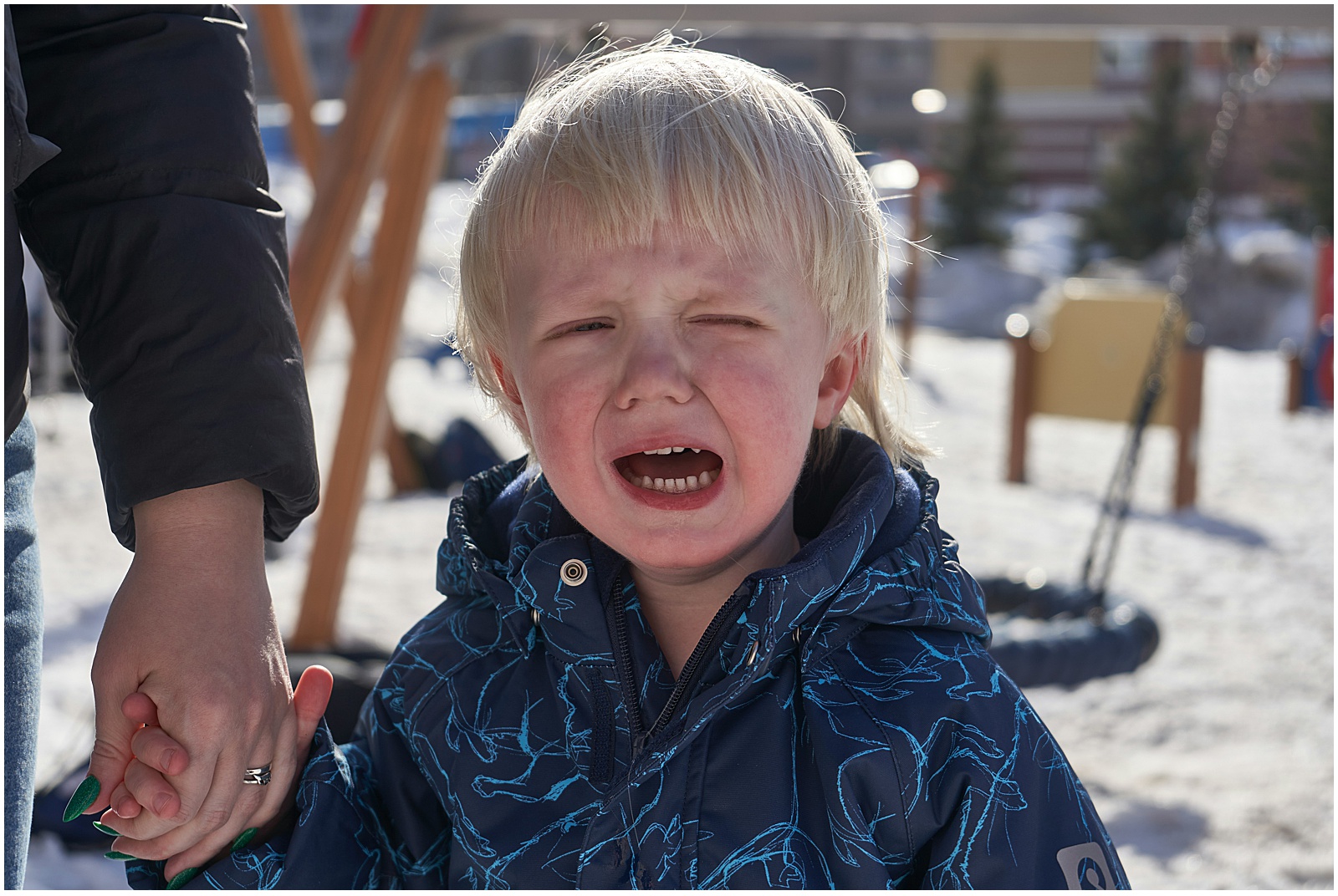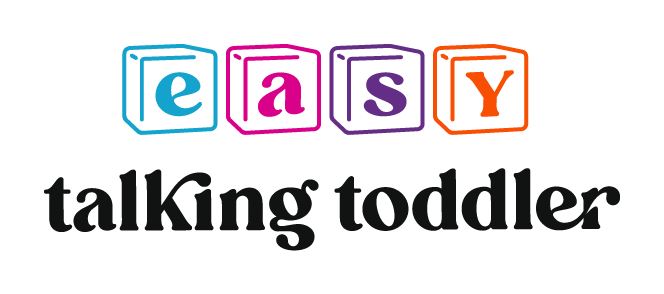As a speech therapist, one of the most common questions I hear is “How can I keep my child from becoming frustrated?” It’s very common for a child with a speech delay to get frustrated when they can’t express themselves through their words. And it’s completely understandable– they must feel so aggravated not being able to communicate what they want or need.
So in this post, I’m sharing my best tips for easing those frustrations. These are things you can put into practice immediately to help your child, so keep reading!

How to Ease Frustration in Children With a Speech Delay
The following four points are recommendations I gave to the parents of one toddler I worked with, who really struggled with frustrations in particular. These tips helped this child very much, so I wanted to share them with you as well:
1) Calm Them First Before Trying to Help
When your toddler is having an episode, remember that this is an opportunity to take a breath and tune into your little one.
If they are upset or melting down, you will need to take a moment to calm them before you start trying to solve the problem. Once they are calm, you can work with them better to understand what they are trying to communicate to you.
2) Use Visual Cues to Understand What They Need
You can use visual cues, like watching where your toddler is looking or pointing, to understand what they are trying to express. Even if you can’t tell immediately, most of the time, this will give you a place to start.
3) Ask Them to Show You What They Want
Asking your toddler to show you what they want or need is a great tool for helping them express themselves. The more they feel that you are understanding what they want, the better they will feel, and the more positive the outcome will be.
4) Use Images as an Aid
I like to tell parents to use pictures to help facilitate communication between them and their toddler. If possible, have pictures of their favorite foods, drinks, and activities on the refrigerator or another central location for them to refer to.
I recommend using the actual labels or cartons, or packages of the food and drinks, because our toddlers often recognize those before pictures of the items.
More Speech Delay Help

Hopefully, you’ve found these tips to be useful! As a speech therapist and parent of a late talker myself, I know how emotionally challenging the communication struggle can be. Your child gets frustrated easily, and it also makes you wonder at what point you should begin to worry.
If you are concerned that your child may have a speech delay, then the first place to start is with a late talker evaluation. This can help you identify exactly what’s going on, and we can recommend the best course of intervention that suits your child’s needs.
Check Out The Late Talker Evaluation

I’m Guy Garcia. I have successfully treated over 1000 late-talking toddlers, I am a board-certified speech-language pathologist, and I am the founder of Easy Talking Toddler.
